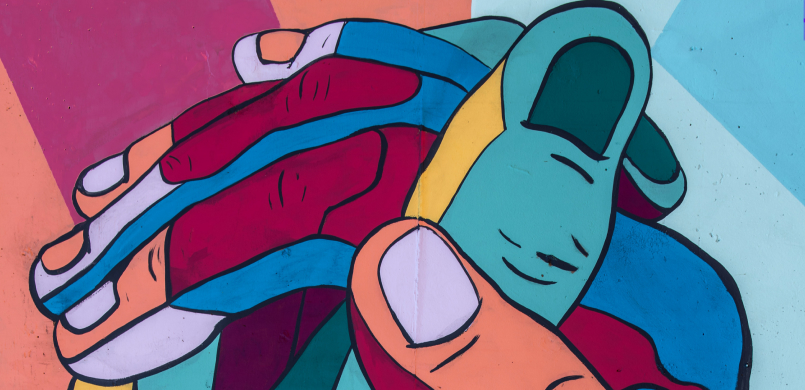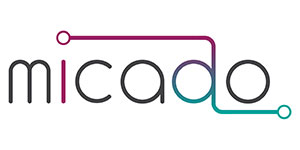
15 Feb The role of CSOs in integrating newcomers and their involvement in MICADO
Photo by Tim Mossholder on Unsplash
Civil society actors (associations, initiatives, individuals who do voluntary work) play a central role in the MICADO cities when it comes to the integration of migrants and refugees. They supplement the official services offered by the municipal authorities and provide support when newcomers feel lost and need a helping hand. CSOs incorporate knowledge and wide experiences of the official integration processes and can offer support for migrants and refugees to find their way around, fill out applications correctly, know who to contact for specific concerns, find peers.
In Antwerp and Hamburg there is a close cooperation between local institutions, policy makers and a range of institutions, organizations and agencies. The city authorities therefore function as a link between the newcomers and these CSOs, and refer newcomers to them based on their specific needs and requirements. In Bologna the social and health care plans of the local PA are based on co-planning with the CSOs, with the partners of the third sector, which locally represent a historical resource. These are bearers of an economic, cultural and renewal power that compensates for the rigidity of some of their institutional bureaucratic systems. In Madrid the provision of services, the management of the shelters, part of the planning and the local social integration initiatives are proposed and planned by the CSOs under the mandate of publicly funded projects but also as a proximity initiative by those who live the territory most directly.
It is therefore fair to say, that in all four cities CSOs offer plenty of services related to integration of newcomers: from free legal advice, through translation services, to psychological help. Both NGOs and Migrant Associations offer services related to linguistic and cultural barriers to accessing healthcare, education, labor, etc. Some of their actions are directed at helping migrants and refugees in vulnerable situations, offering temporary accommodation and activities to facilitate their social and labor inclusion. On top of that, CSOs organize numerous cultural and formative activities, workshops, museum visits, etc., aimed at fostering exchange, empowering migrants and creating stronger local communities. Finally, CSOs sit at various consultative bodies that bring together the representatives of public authorities and civil society, informing the policymaking process.
Since CSOs play such a central role in integration processes, it was a concern of the MICADO project from the very beginning to continuously involve them. Already in the first months of the project, when needs were identified and MICADO was conceptualized, associations, initiatives and individuals offering services for a better integration of migrants and refugees were involved in co-creation sessions. CSOs are also represented in the Local Experts and Stakeholder Committees of the MICADO project, can continuously give feedback and tips and share their experiential knowledge. Their input is highly valued in the local groups and is incorporated into the development of the MICADO applications. This year, the piloting will be another essential step in the involvement of CSOs, because naturally the project team wants to know whether it is on the right track with the developed solution. In the pilot phase, CSOs are invited to test the MICADO web interface that has been developed specifically for them. Questions the project team wants to address in this context are: Is the front-end clear and the application intuitive to use, are the processes that take place in the back-end understandable, are the actors satisfied with the presentation of their inputs in the applications for migrants and refugees. CSOs are also called upon to take a critical look at the application for migrants and refugees itself. In the coming year, civil society hacker communities are also called upon to further develop the MICADO code, but more on that later.
